When browsers encounters errors in scripts, they do a pretty decent job of showing the programmer where the error is and what the error is about.
I'm using the QUnit test framework, and it seems to be catching some of these browser errors, and replacing their error messages with super uninformative ones.
For instance, currently I apparently have a script error on line 0 (according to QUnit), but, as I'm using Browserify, my line 0 is fully autogenerated, and I have never had issues with this line before:
(function e(t,n,r){function s(o,u){if(!n[o]){if(!t[o]){var a=typeof require=="function"&&require;if(!u&&a)return a(o,!0);if(i)return i(o,!0);var f=new Error("Cannot find module '"+o+"'");throw f.code="MODULE_NOT_FOUND",f}var l=n[o]={exports:{}};t[o][0].call(l.exports,function(e){var n=t[o][1][e];return s(n?n:e)},l,l.exports,e,t,n,r)}return n[o].exports}var i=typeof require=="function"&&require;for(var o=0;o<r.length;o++)s(r[o]);return s})({1:[function(require,module,exports){
This is the error message that QUnit gives:
If indeed QUnit catches some of the browser errors, and replaces their error messages with super uninformative ones, then, why is this so, and how can I stop it?
